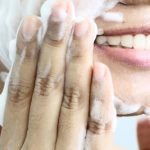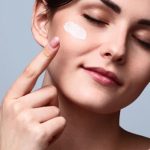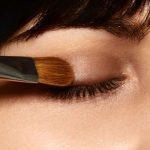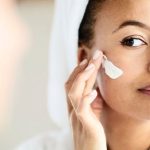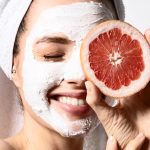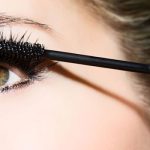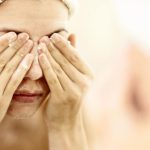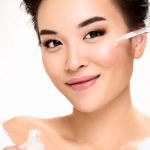A capsule night beauty routine focuses on simplicity and effectiveness, offering a carefully curated selection of products tailored to your skin’s needs. By paring down your skincare steps to the essentials, you not only save time but also ensure that your skin receives the care it deserves during its most reparative hours.
Why is the night beauty routine essential?
A night beauty routine holds a pivotal role in skin care, offering a crucial opportunity for skin repair and rejuvenation. Throughout the day, our skin is exposed to environmental stressors like UV rays, pollution, and free radicals, which can accelerate aging and damage skin cells. Nighttime provides a unique chance for the skin to recover from these assaults. Our body enters repair mode during sleep, and skin cell regeneration peaks. You optimize this natural process by adhering to a structured night beauty routine.
Consistency in a nighttime regimen can also help address specific skin concerns over time, from reducing fine lines to controlling acne flare-ups.
Ultimately, investing in a nighttime beauty routine isn’t just about pampering oneself; it’s a proactive approach to ensuring long-term skin health and vitality, promoting a radiant complexion that reflects overall well-being.
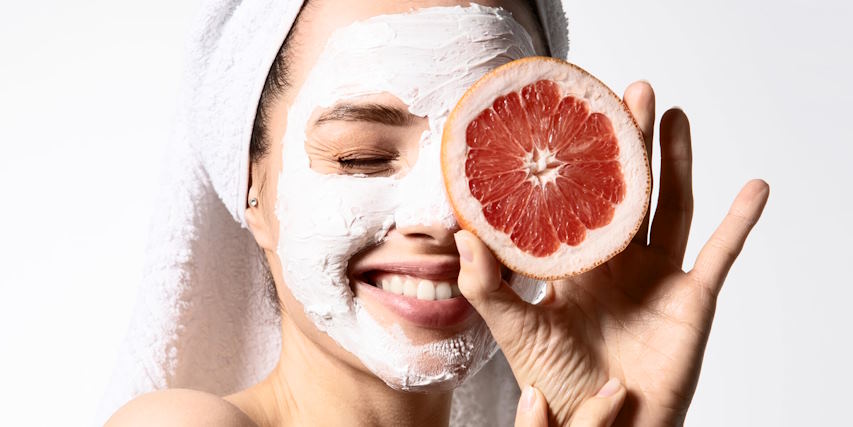
Should a night beauty routine differ from a morning one?
The night beauty routine serves a distinct purpose from its daytime counterpart, necessitating a tailored approach to optimize skin health around the clock. While morning skincare focuses on protection from environmental aggressors like UV rays and pollution, the nighttime routine prioritizes repair and rejuvenation. It clears pores and prepares the skin to absorb beneficial ingredients more effectively.
Moreover, the night allows for the application of potent treatments, such as retinoids or peptides, which promote cellular turnover and collagen synthesis while we sleep. These ingredients are often sensitive to sunlight and are best applied at night to maximize their efficacy without the risk of UV exposure.
What are common mistakes to avoid during the night beauty routine?
Crafting an effective nighttime beauty routine requires attention to detail and understanding how each step contributes to overall skin health. Here are some common mistakes to avoid:
Many people overlook the importance of thorough cleansing before bed. Failing to remove makeup, dirt, and pollutants accumulated throughout the day can clog pores, leading to breakouts and dull skin.
Another pitfall is over-exfoliating. While exfoliation is beneficial for removing dead skin cells and promoting cell turnover, doing it too frequently or using harsh products can disrupt the skin’s natural barrier.
Applying skincare products in the wrong order can compromise their efficacy. Start with lightweight formulas and follow with heavier products. This layering technique ensures that each product penetrates the skin effectively.
Using too many products in your nighttime routine can overwhelm the skin and lead to irritation or allergic reactions. Stick to essentials tailored to your skin’s needs, focusing on quality over quantity. Simplifying your routine can help maintain skin balance and clarity.
Skipping moisturizer, even for oily skin types, can disrupt the skin’s moisture balance.
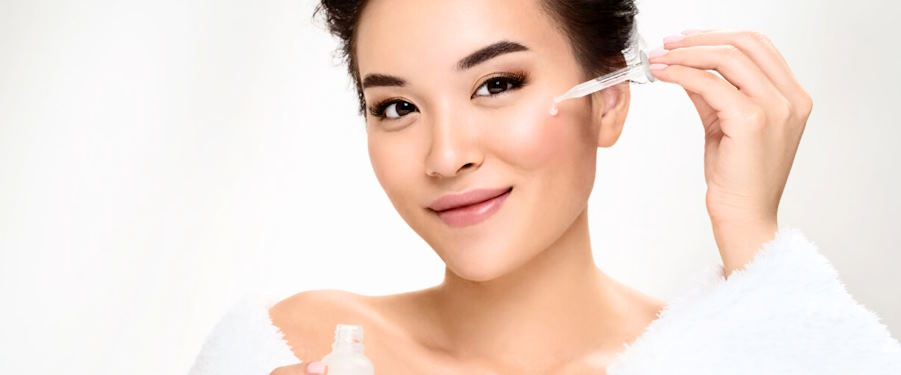
What are the key steps of the night beauty routine?
Cleansing
It involves using a gentle cleanser suited to your skin type to effectively remove makeup, dirt, oil, and environmental pollutants that have accumulated throughout the day. Proper cleansing not only prepares the skin for better absorption of subsequent products but also helps prevent clogged pores and breakouts. Choose a cleanser that maintains the skin’s natural moisture balance without stripping it of essential oils.
Exfoliation (Optional)
Exfoliation should be done 1-2 times per week, depending on your skin’s sensitivity and needs. It involves using a physical or chemical exfoliant to slough off dead skin cells, revealing smoother and brighter skin underneath. Physical exfoliants typically use gentle particles like sugar or jojoba beads. In contrast, chemical exfoliants may contain ingredients like AHAs (alpha hydroxy acids) or BHAs (beta hydroxy acids) to dissolve dead skin cells and unclog pores. Regular exfoliation promotes cell turnover, improving skin texture and enhancing other skincare products’ effectiveness.
Toning
After cleansing, applying a toner helps to rebalance the skin’s pH levels and remove any remaining traces of impurities or cleanser residue. Toners can also provide hydration and prep the skin to absorb better serums and moisturizers that follow. Look for alcohol-free toners with hydrating ingredients like witch hazel, rose water, or glycerin, which help soothe and refresh the skin without stripping its natural oils.
Treatment
Treatments are targeted products designed to address specific skin concerns such as fine lines, dark spots, acne, or dehydration. Serums are concentrated formulations packed with active ingredients like retinol (to promote collagen production and reduce wrinkles), vitamin C (to brighten and even out skin tone), or hyaluronic acid (to hydrate and plump the skin). Apply treatments evenly to the face and neck, focusing on areas of concern, and allow them to absorb fully before proceeding to the next step.
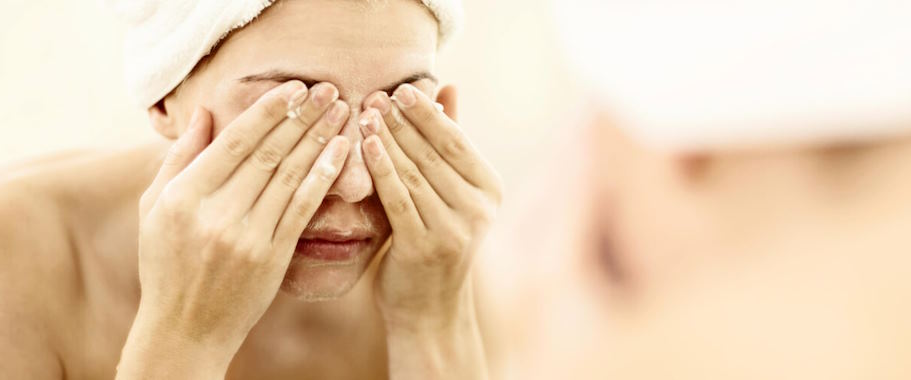
Eye Cream
The delicate skin around the eyes requires special care, making an eye cream an essential part of the nighttime routine. Choose an eye cream formulated with ingredients like peptides (to reduce puffiness and fine lines), caffeine (to minimize dark circles), or antioxidants (to protect against environmental damage). Gently pat the eye cream around the orbital bone using your ring finger, which exerts the least pressure, to avoid tugging on the sensitive skin.
Moisturizing
Nighttime moisturizers are typically richer and more nourishing than their daytime counterparts, aiming to replenish moisture and repair the skin overnight. Apply a generous moisturizer to the face and neck, massaging gently in upward motions to promote circulation and absorption. A well-moisturized skin barrier helps lock in hydration and supports the skin’s natural repair processes while you sleep.
Optional Step: Masking
1-2 times per week, incorporating a face mask into your nighttime routine can provide additional benefits tailored to your skin’s needs. Masks come in various formulations, such as hydrating masks (with ingredients like hyaluronic acid or aloe vera to boost moisture), clarifying masks (with clay or charcoal to draw out impurities), or soothing masks (with ingredients like chamomile or calendula to calm sensitive skin). Apply a thin, even mask layer to cleansed skin, leave it on for the specified time, and then rinse off or gently remove it with a damp cloth. Masks can help to rejuvenate and revitalize the skin, enhancing its overall appearance and texture.

